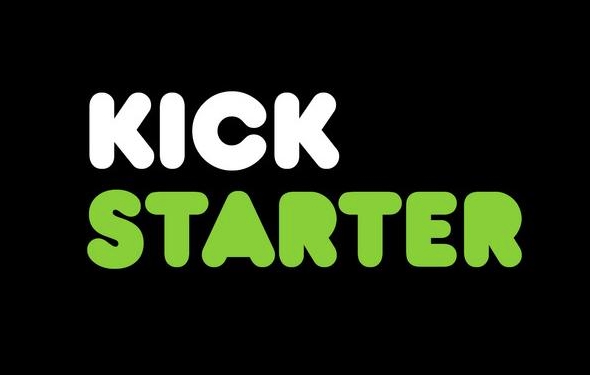Kickstarter: Changing the Gaming Industry One Successful Project at a Time
The video game industry has an ever-changing landscape. This industry, which used to just be dominated by big publishers, is now starting to see a number of small indie developers join the running. So why are all of these indie developers coming out of the woodwork now? A lot of it has to do with the success of crowd-funding sites like Kickstarter.
Let’s pretend that you do not know what Kickstarter is for a second. In short, it is a site where people post projects and other people support the projects by giving them money. When the goal of a project is reached, then it is made. If the goal is not reached, the project dies. In some cases, the project poster will even offer small rewards for the people who support the project as an incentive for investing.
Keep in mind that Kickstarter is not just dedicated to the video game industry. People can post any kind of project they want. That being said, it is the video game industry that has really been benefiting from it recently. That is because it gives small indie developers, who normally would not have had enough money to make their games, a chance to find supporters. As a result, a lot more indie games have been popping up on not only PC but on home consoles as well.
At first glance, Kickstarter looks like a great idea. After all, it is hard to ignore the success it has brought to a number of indie developers. It seems like almost every day a new game project reach’s its goal. In fact, most of the time these projects not only reach their goals but blow the goals out of the water. Some developers even offer “stretch goals” past their original goals. For example, let’s say a developer is making a new game for PC if it receives $10,000 in support. It may also add a stretch goal to this so that if the project can bring in $20,000, it will bring it to the Wii U as well.
On the surface, I have no problem with Kickstarter. A number of great games have come to be as a result of the Kickstarter community. However, there are also a number of failures that do not get much attention. Let’s say that a project that you invest in does not reach its goal. Well that is fine because you get your money back. But what happens if a Kickstarter project reaches its goal, and the project poster does not follow through with his project or it fails? Usually this results in the backers simply being out the money they invested.
Kickstarter even goes on to say, in its FAQ, that if the creator of the project is making a “good faith effort” to complete its project, the backers should be patient and understanding. If all else fails, Kickstarter suggests that backers of a failed project contact the creators to find a resolution to the problem. Usually this results in the creator simply showing how the funds were spent. As a result, Kickstarter could very easily become a scammer’s paradise.
So with the possibility that you might actually lose your money, why do so many people choose to back these video game projects? A lot of it seems to be that these indie developers are a bit more in tune with what gamers want. Sometimes big publishers like EA and Activision lose sight of what gamers really want. They are just out to capitalize on the same IPs over and over again. People buy it, but there is still a market out there for people who want something new, and that is just what these indie developers are selling.
Either way, it is impossible to deny the fact that Kickstarter has had a huge impact on the gaming industry. For every few successful projects, there is another one that fails. However, even these failed projects have left an impact on the gaming industry. They are showing other big developers that there is a market out there for these games. The interest developed in these projects shows that it is not always about the “look” of a game. Some people are actually interested in new and exciting ideas. This is what has always driven the gaming industry, and I see no reason why it should stop now.



